Advancing Towards a Green Economy and Just Transition
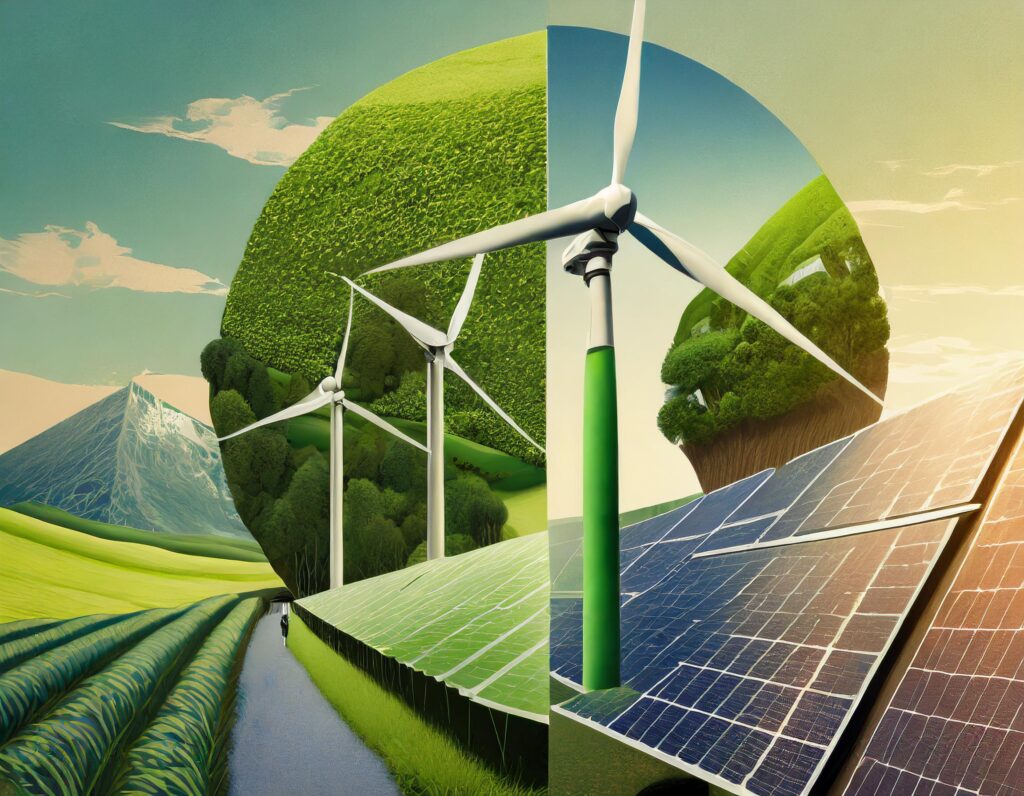
The urgency to address climate change and transition towards a green economy has become increasingly evident as the world faces extreme climate events and ecological collapse. The root causes of climate change, including excessive energy consumption and ecological overshoot, demand immediate action to limit global warming below catastrophic levels. Hence, climate, decarbonisation, and just transition policies are moving into mainstream of politics in many countries including South Africa. It is therefore not surprising that global leaders convened at COP 28 in December of 2023 to discuss climate action, in which South Africa took a resolved that pace of the just energy transition will be guided by the country’s developmental priorities.
In recent years, there has been a growing global recognition of the need to transition towards a green economy to address pressing environmental challenges such as climate change, resource depletion, and pollution. South Africa, as a developing country with abundant natural resources, is actively pursuing sustainable practices to drive economic growth while ensuring social equity and environmental sustainability.
However, the transition away from economic growth that have a negative effect on the environment such as the use of fossil fuels, as highlighted in COP 28 discussions, presents challenges for developing countries like South Africa. While committed to the goals of the Paris Agreement, South Africa faces complexities of just transition related to job protection, poverty eradication, and minimising inequality in the context of phasing out fossil fuels. A just transition not only encapsulates a much wider form of societal and environmental justice but has come to be recognised as an instrumental component of the green transition. As a way forward, we need a Just Transition mechanism which is a key tool to ensure that the transition towards a zero-carbon economy happens in a fair way, leaving no one behind.
Way Forward for South Africa:
As outlined above, nations around the world are starting to undertake ambitious macro-economic reform. However, to navigate complexities and catalyse an effective, ambitious and sustainable green transition for all, South Africa must adopt a multifaceted approach that prioritises restoration of nature and enhance people’s well-being.
Such a dual approach-both green and fair can be achieved by advancing the following steps that guide the way forward:
Policy Alignment and Advocacy – Ensure alignment between national policies and international climate agreements, such as the Paris Agreement, to facilitate a smooth transition towards green economy, and enshrining principles of planetary limits, justice and inclusion into potential hotspot in the emerging green transition.
Stakeholder Engagement – Engage with stakeholders from government, industry, civil society, and local communities to develop inclusive and participatory strategies for transitioning towards a green economy. This includes addressing concerns related to job loss, unemployment, and poverty alleviation through targeted interventions and support mechanisms.
Social Protection – Implement social protection measures and support mechanisms to mitigate the impacts of transitioning away from fossil fuels on vulnerable communities and workers. This includes income support, retraining programs, and access to alternative employment opportunities to ensure a just transition for all.
Skills Development – Prioritize skills development and capacity building programs to equip individuals with the knowledge and expertise needed to participate in the green economy. This includes training programs in renewable energy, sustainable agriculture, waste management, and green construction practices etc, to support job creation and career advancement in emerging green industries.
Support Green Entrepreneurship – Small businesses are the engines of a fair and green economy, and have a transformative potential to catalysts for fairer, greener and more resilient economies. Financing and nurturing local green enterprises will not only enable them to thrive but also to shape development, inclusion, and sustainability of local, regional, and global economies. local and informal green enterprises are well positioned to provide much-needed ecosystem and circular services. As such investment in green local enterprises has great potential to strengthen emerging economies, alleviate poverty and create jobs, all while protecting the environment and catalysing the transition to a fairer economy.
Understand the potential sectors and markets – Invest in research, development, and implementation of green technologies and innovations that promote energy efficiency, renewable energy sources, and sustainable resource management. This will create new opportunities for green jobs and economic growth while reducing carbon emissions and environmental degradation.
Effective governance – Mainstreaming the just transition imperative in planning and budgeting is a crosscutting issue that requires a whole-of-government response. As such, effective governance at the national, provincial, and municipal levels will therefore be central to coordinating plans, building consensus, mobilising resources and monitoring progress
With just six years until the deadline for reaching the SDGs, accelerating the transition to a just, green economy is paramount. By adopting a holistic approach that integrates environmental, social, and economic considerations, South Africa can achieve its NDP 2030 aspirations and contribute to global efforts to address climate change.

ABOUT THE AUTHOR
Surprise Mmotong is an Education and Science graduate who is passionate with integrated development matters. She is deeply committed to the social, economic and environmental transformation in South Africa. Currently, she is registered as a PhD candidate in the Faculty of Science at Wits University.
Her research study focuses on the nexus between green economy and post school education and training. Surprise is employed at the Auditor General of South Africa, as an education and environmental specialist within the Performance Audit Business Unit. With her educational background and work experience as a performance auditor and consultant, she has a strong understanding on interlinking Sustainable Development Goals (SDGs), Environmental Social Governance (ESG), Just Transition, and the provision of education and training in formal and informal contexts.
Her mission is to engage with like minded stakeholders to foster collective action for a new growth path firmly rooted in the principles of sustainability and equity.
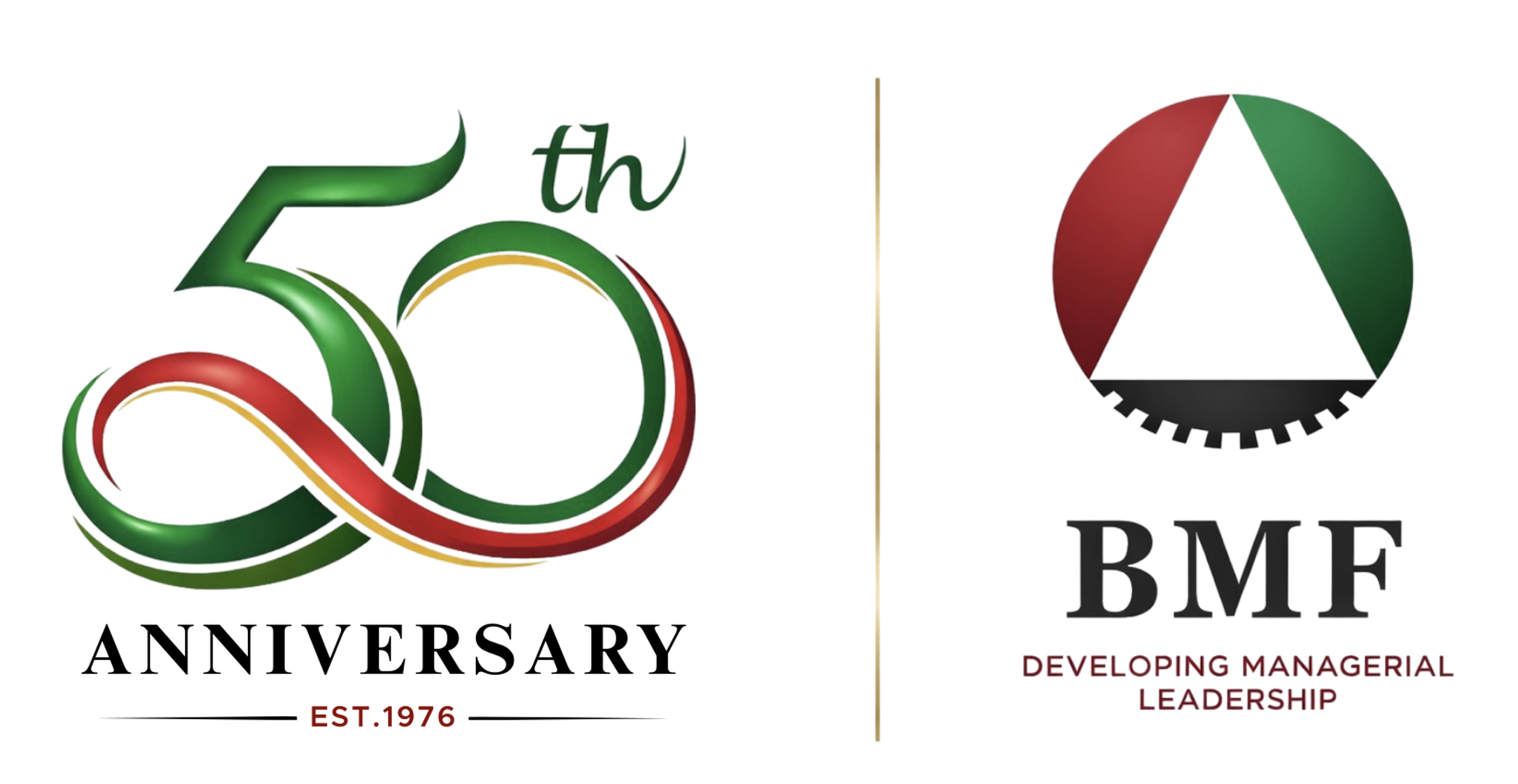
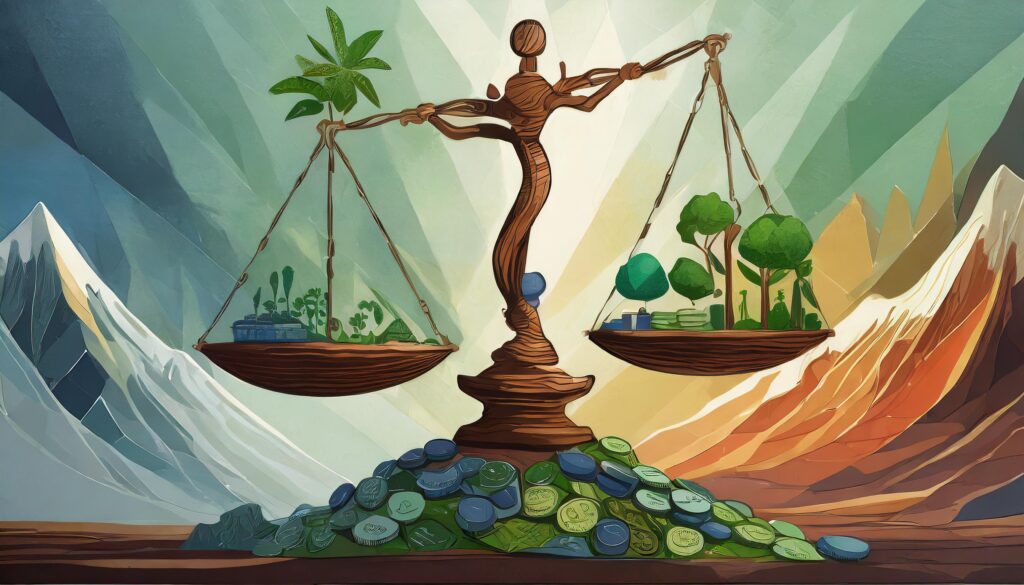

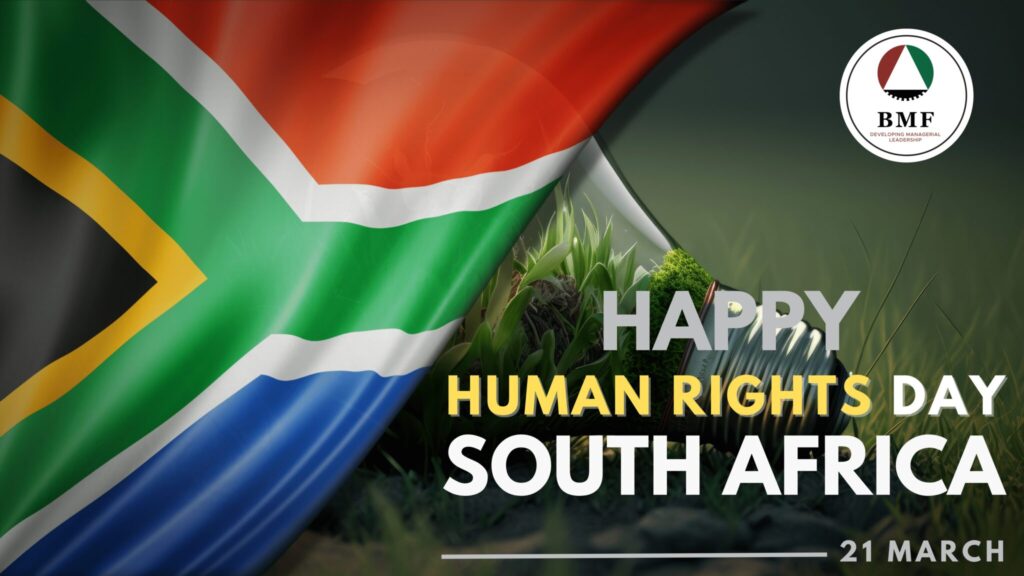
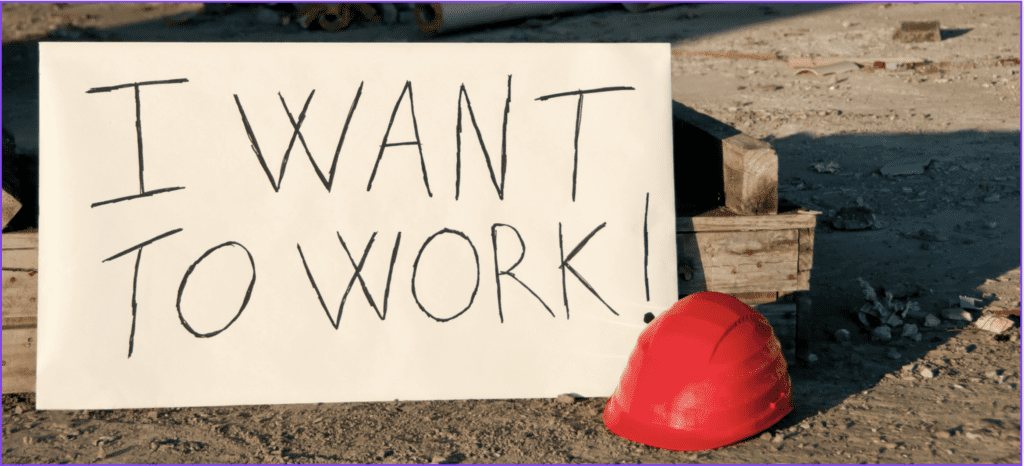

Insightful article.